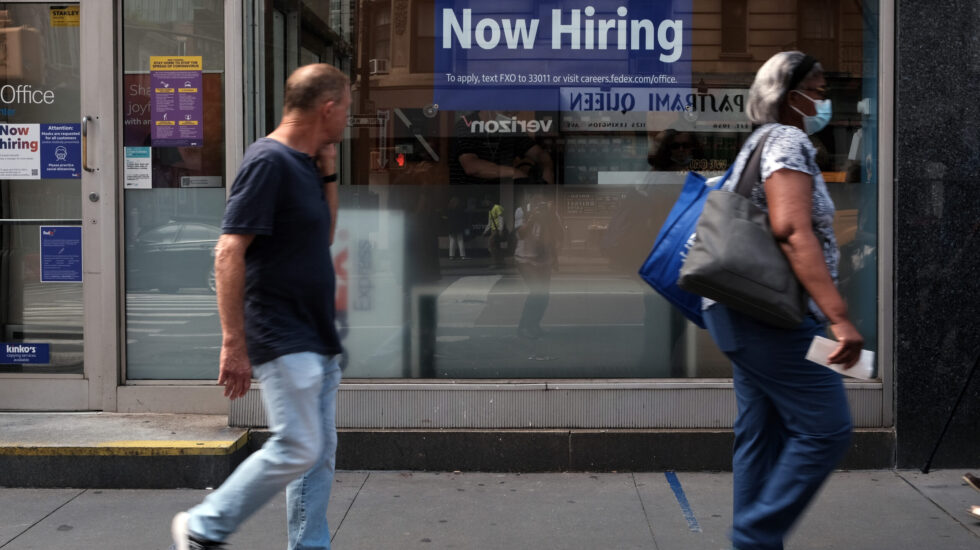It seems a cruel irony that federal financial protections against the pandemic are ending today, as millions of Americans struggle to find work. The Washington Post reports more than 7 million unemployed Americans are set to lose their benefits this week. An additional 3 million will lose a $300 weekly boost to their state unemployment benefits. The Post writes:
The cessation of this jobless aid, first put in place by Congress nearly 18 months ago, could upend the lives of millions of Americans still struggling to find work at a time when the pandemic’s delta variant is wreaking fresh havoc across a number of states. It could also lead to a sharp pullback in spending, particularly in certain areas of the country, impacting a wide range of restaurants and other businesses that rely on consumer dollars.
Conservatives have long argued that the government benefits create a lazy working class, especially with 10 million available jobs. But the data, as NBC News reports, tells a different story.
For every 8 workers who lost benefits, only 1 found a job, according to recent research.
The leading reasons why the unemployed aren’t taking jobs have little to do with government money and everything to do with the health and economic crisis: child care scarcity and cost, fear of getting or spreading Covid-19, and taking care of someone with the disease or getting sick themselves, according to the latest Census survey.
A study by JPMorgan Chase shows that the immediate result of the end of benefits is not a rush to work, but a sharp decrease in household spending.
https://www.nbcnews.com/business/business-news/pandemic-unemployment-benefits-just-expired-what-will-families-do-now-n1278495
“We’ve protected people up until now from the real damage of long-term unemployment, now we have to see whether this job market is really strong enough to keep people out of long-term harm at a time when people don’t have some of the other protections — like the housing protections — they had during the pandemic.”
Andrew Stettner, Senior Fellow at The Century Foundation
